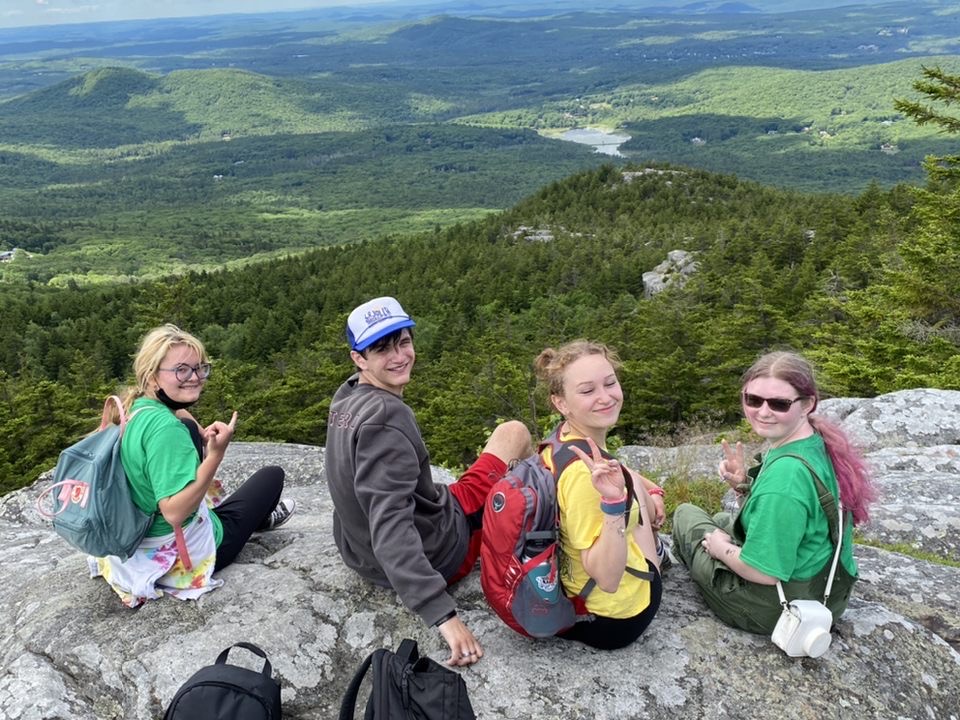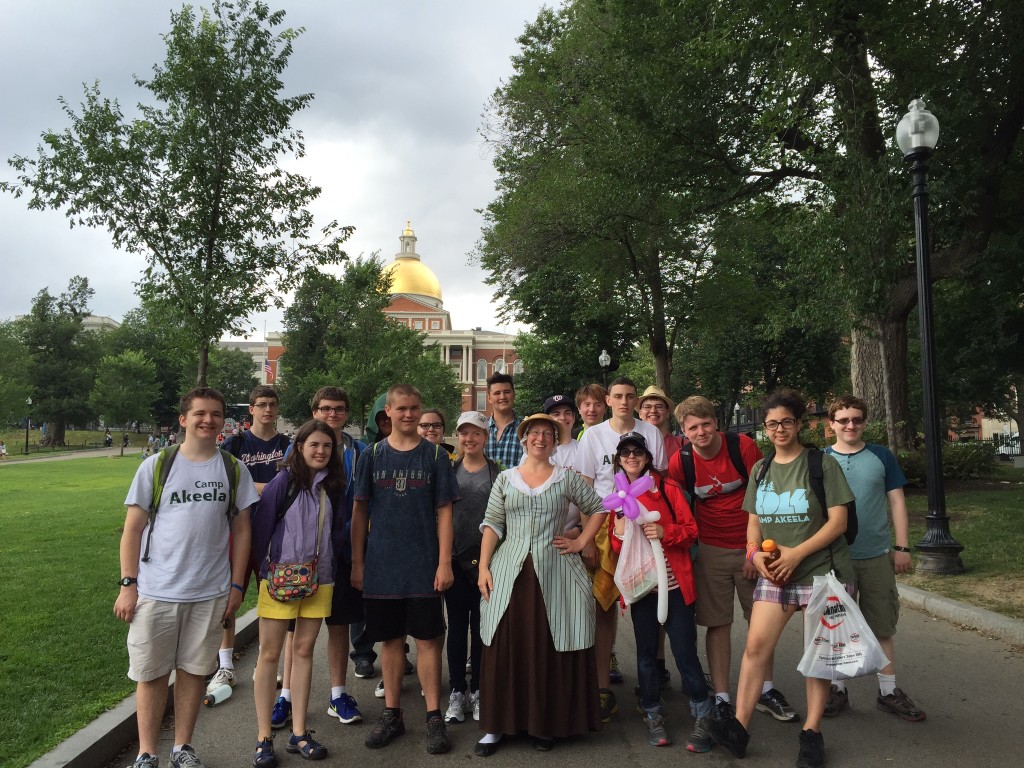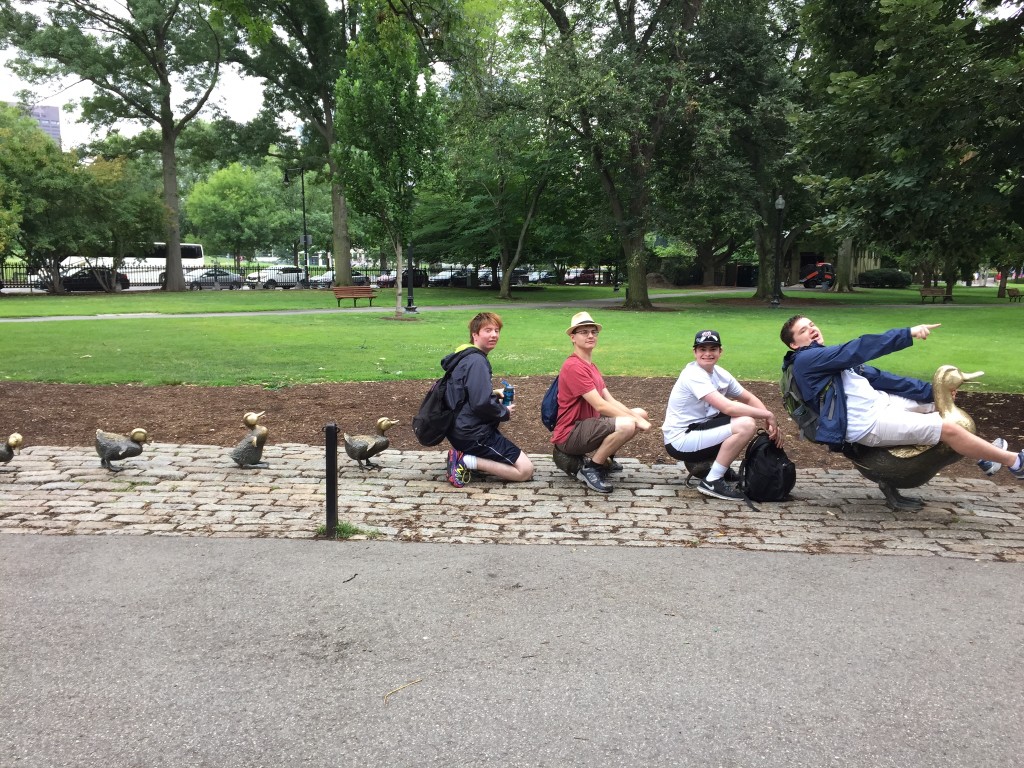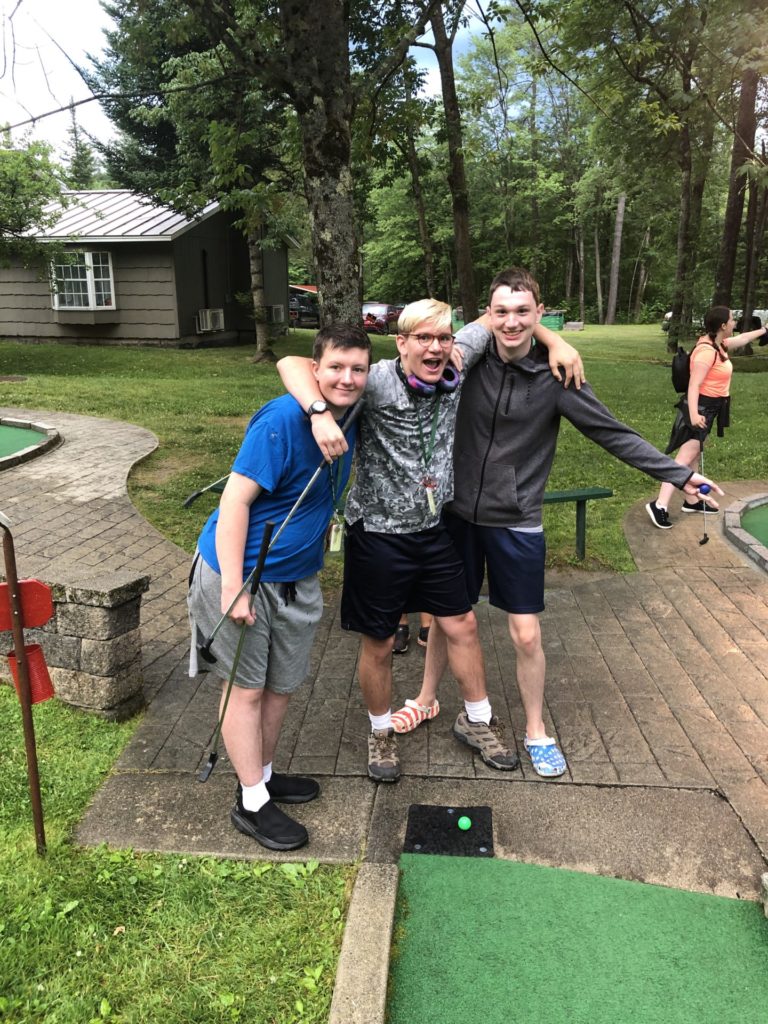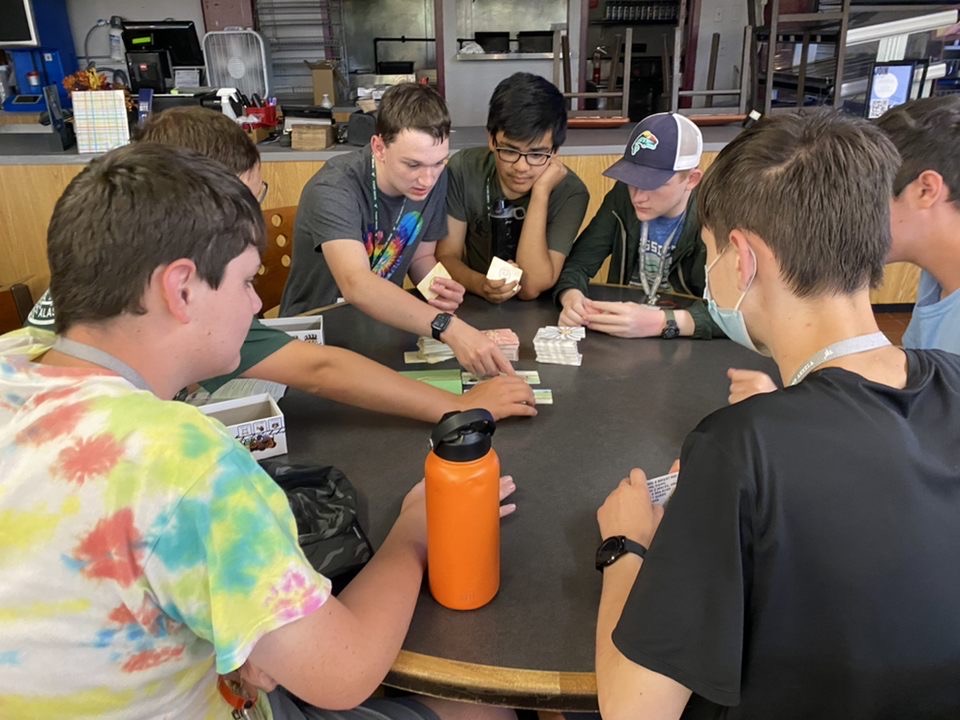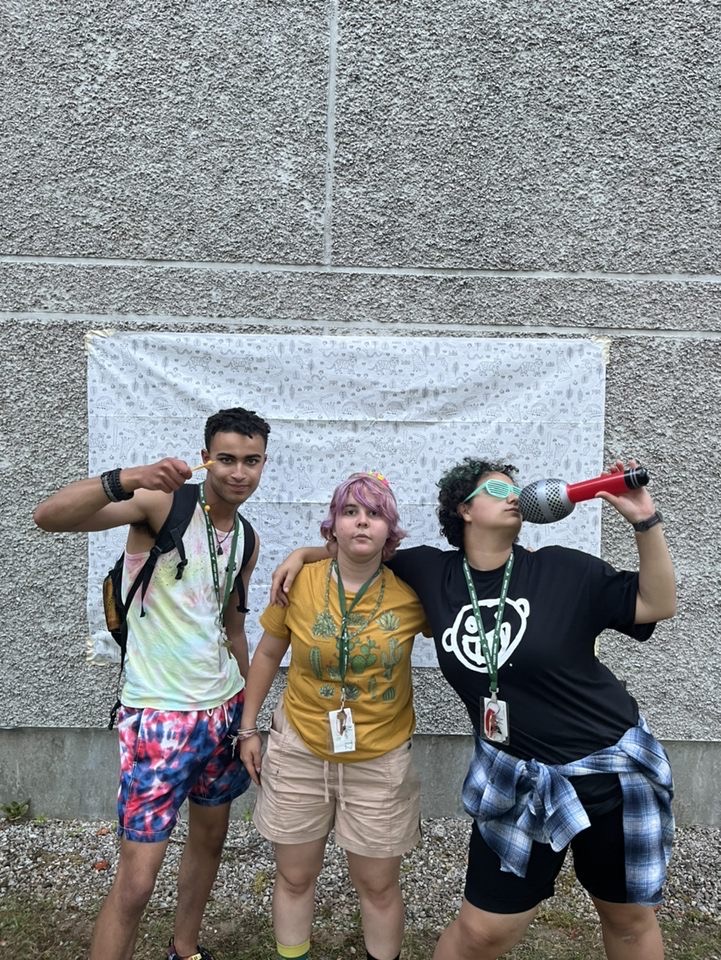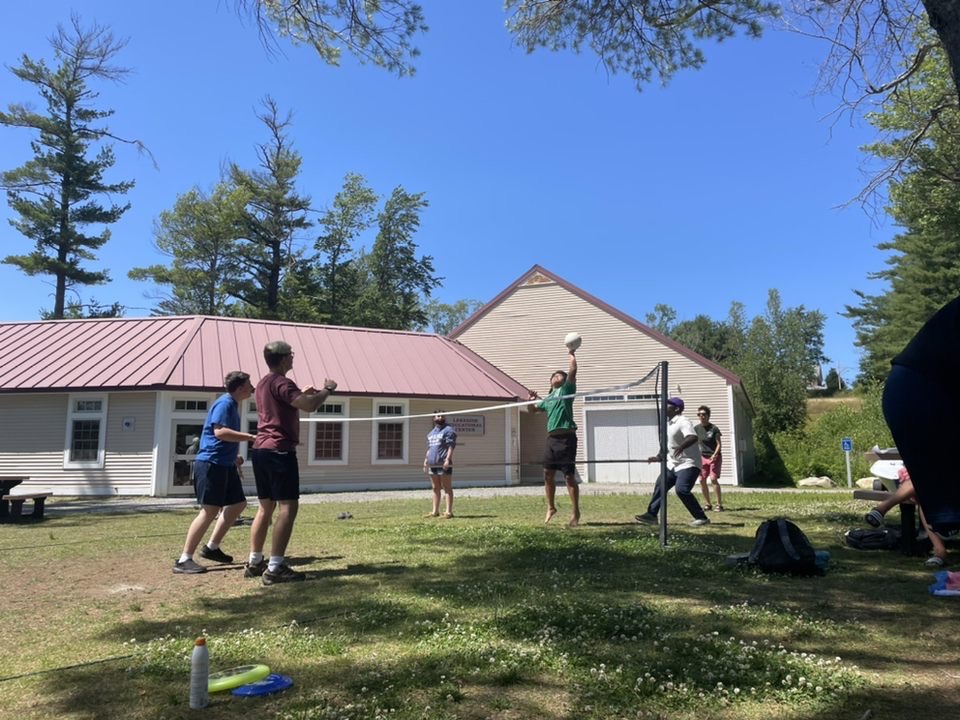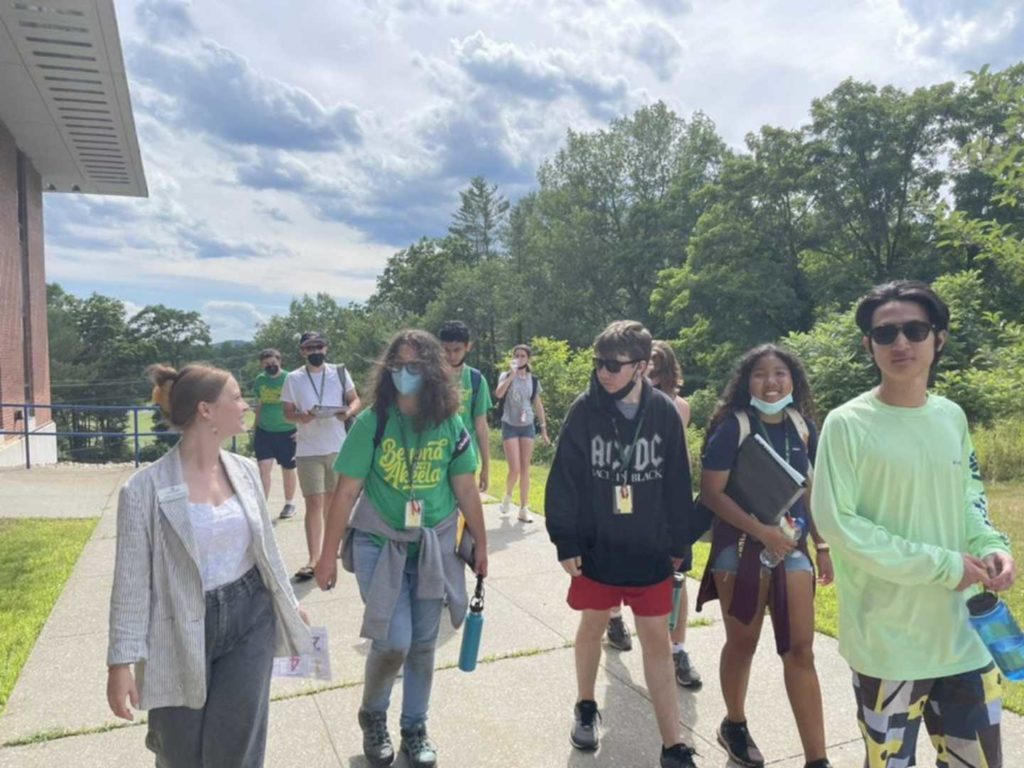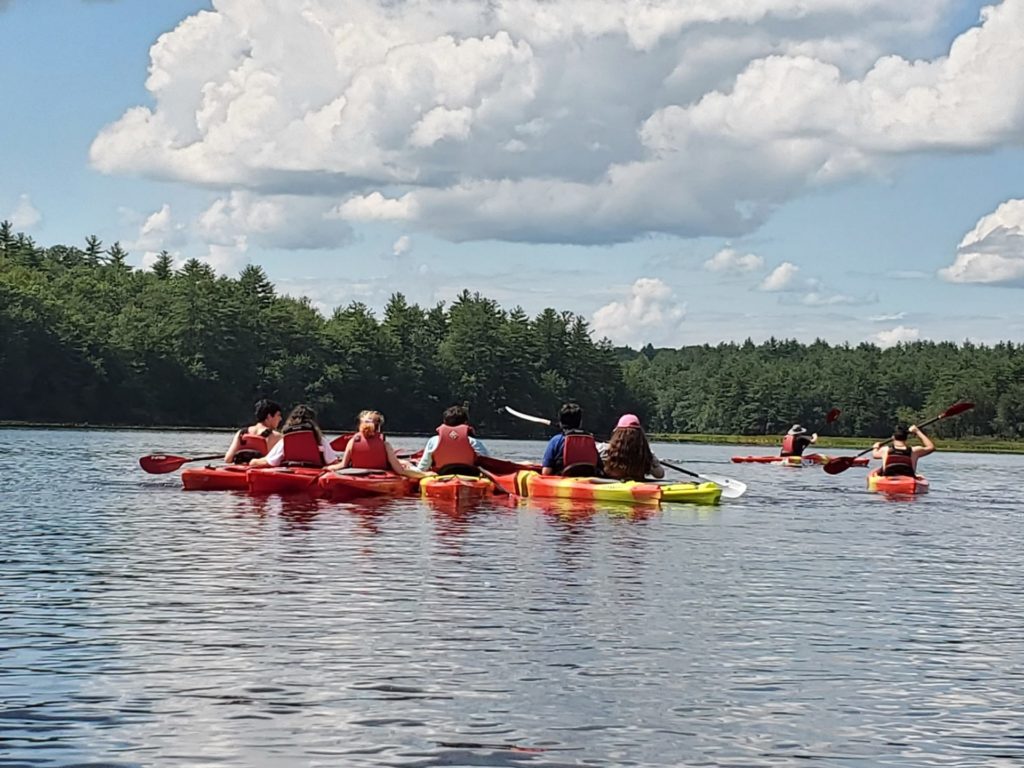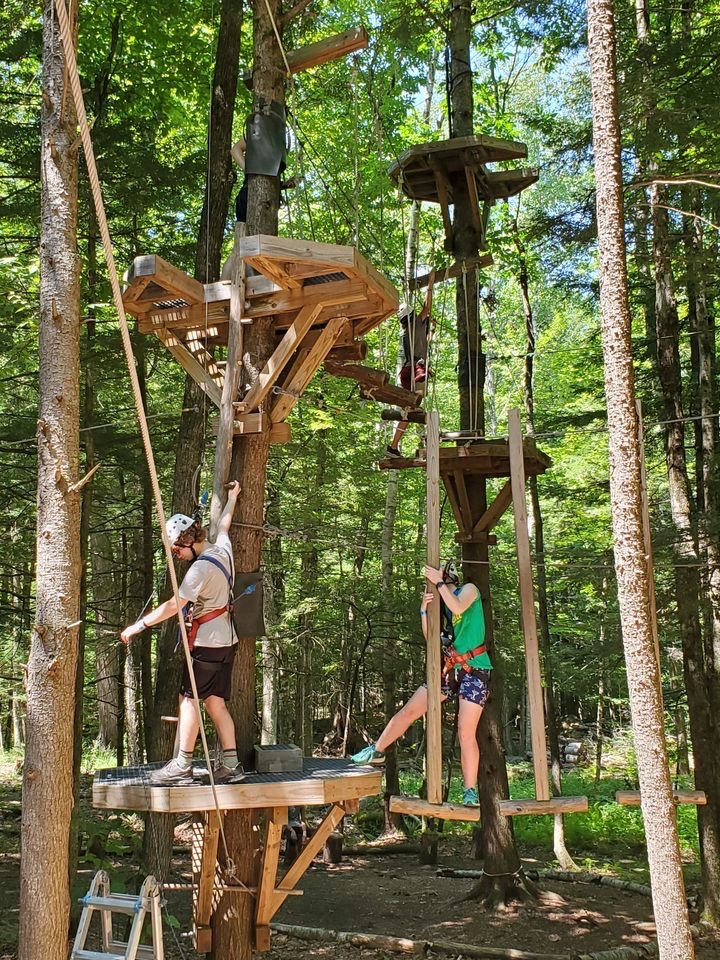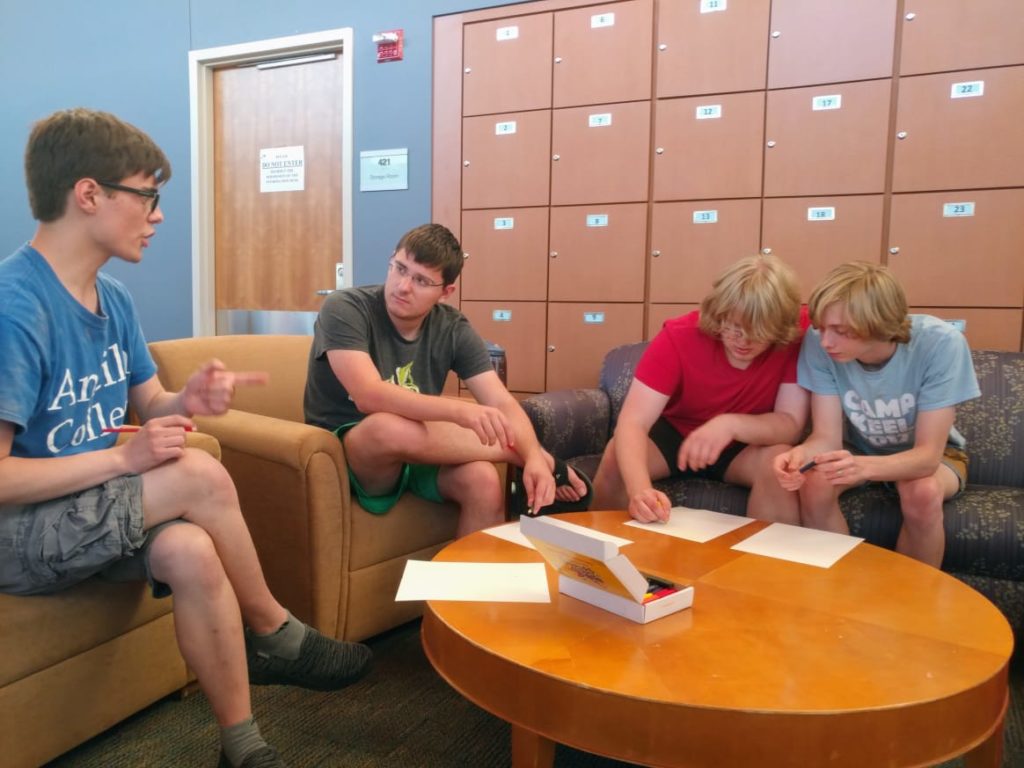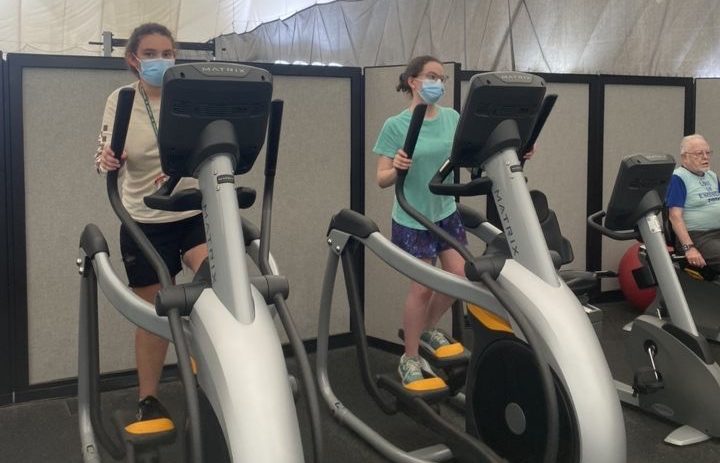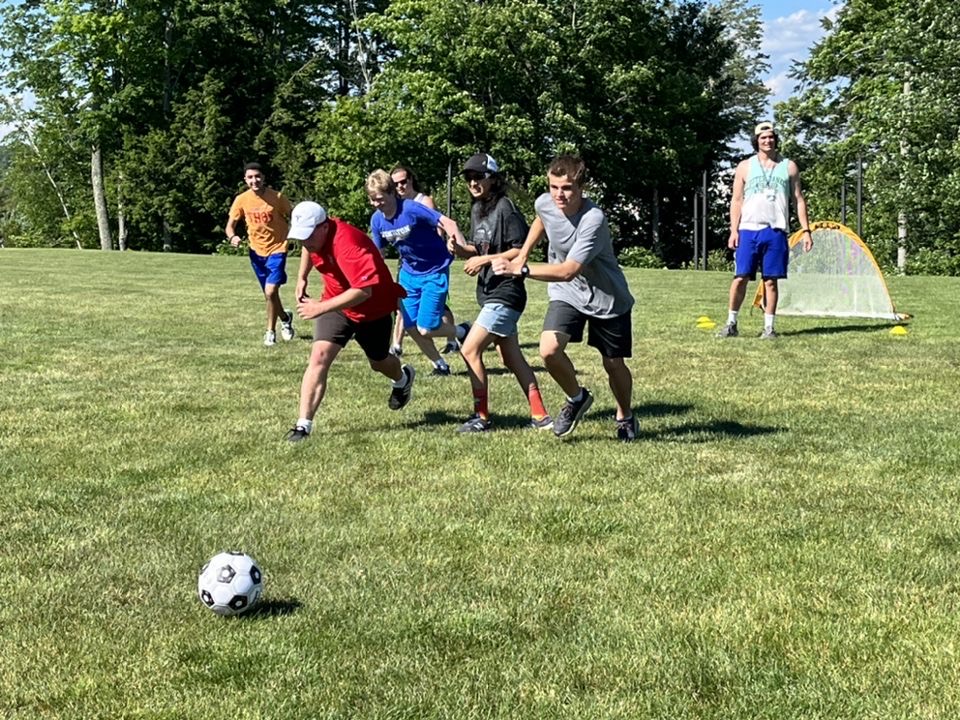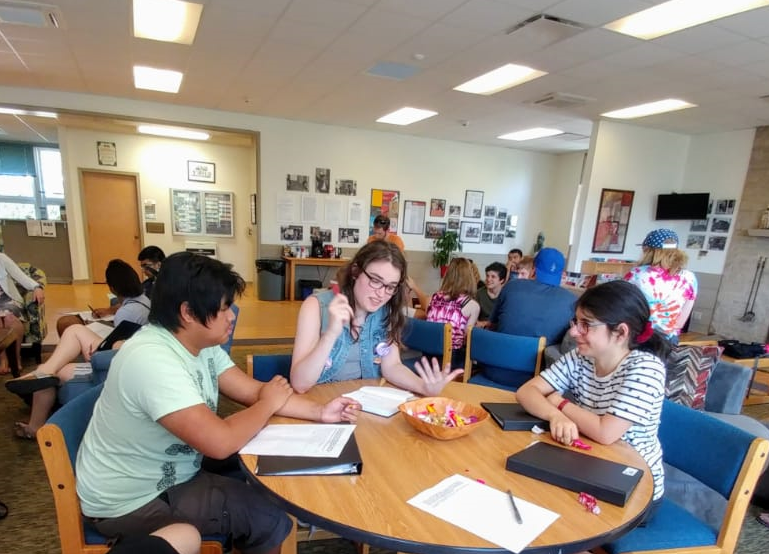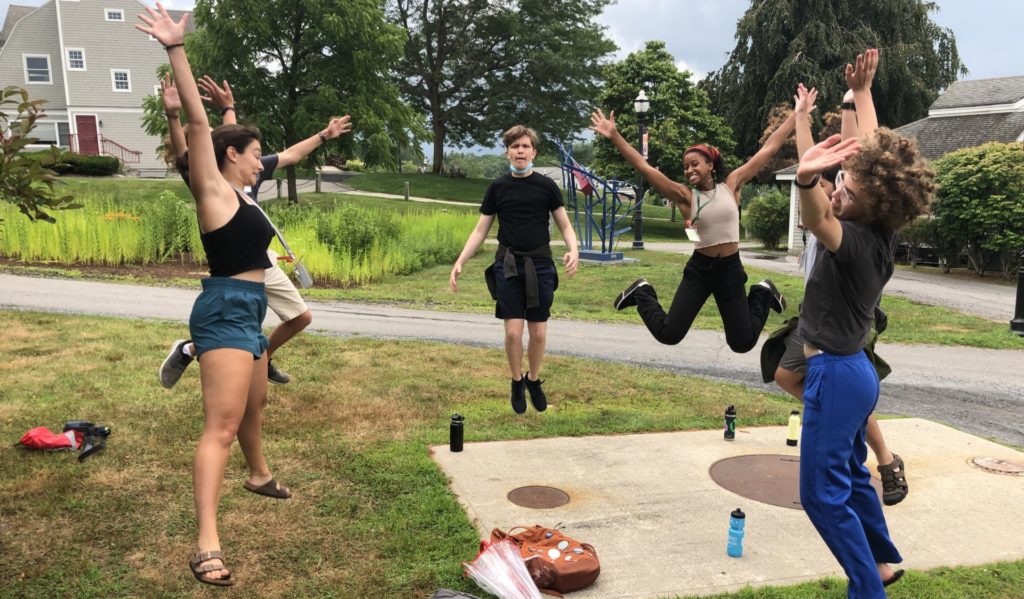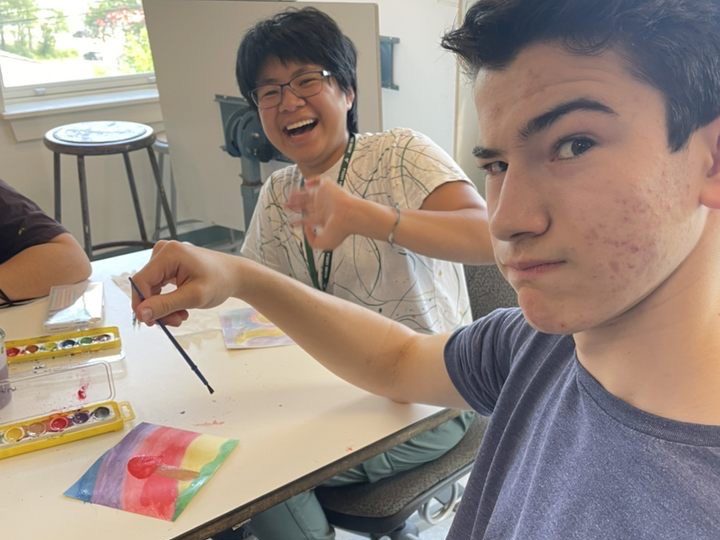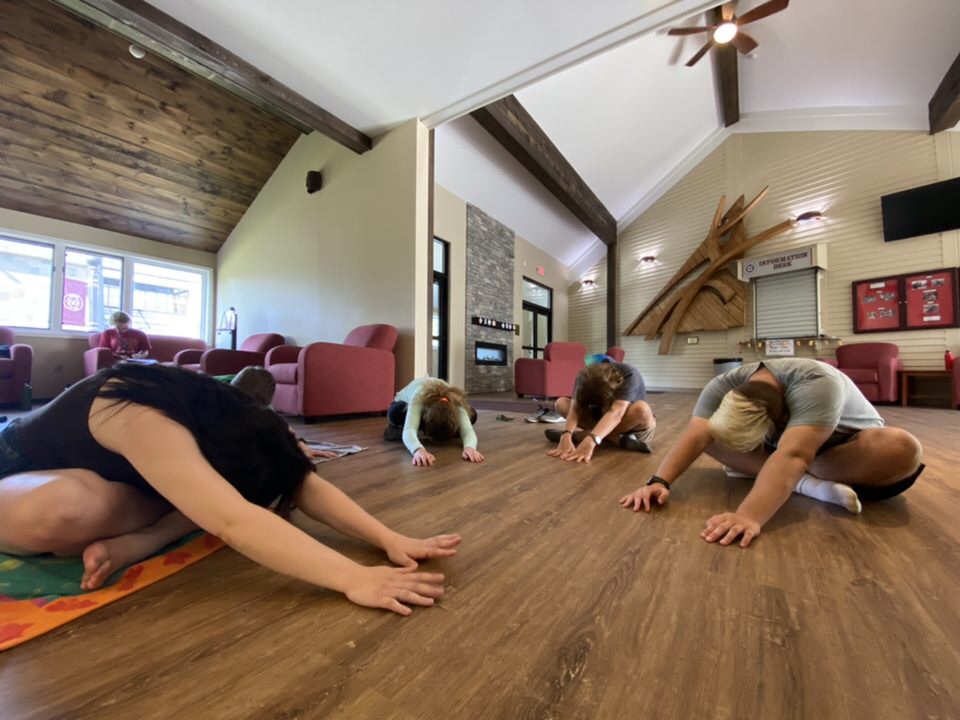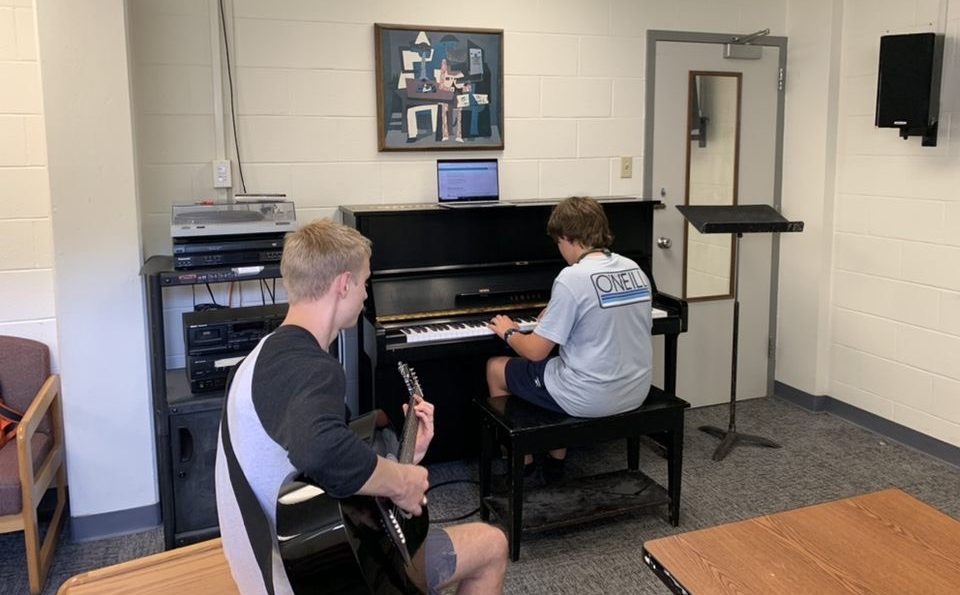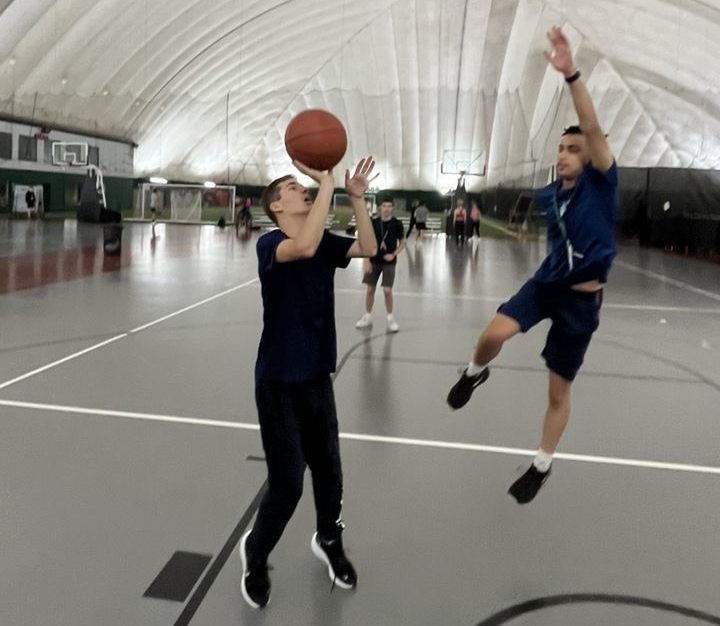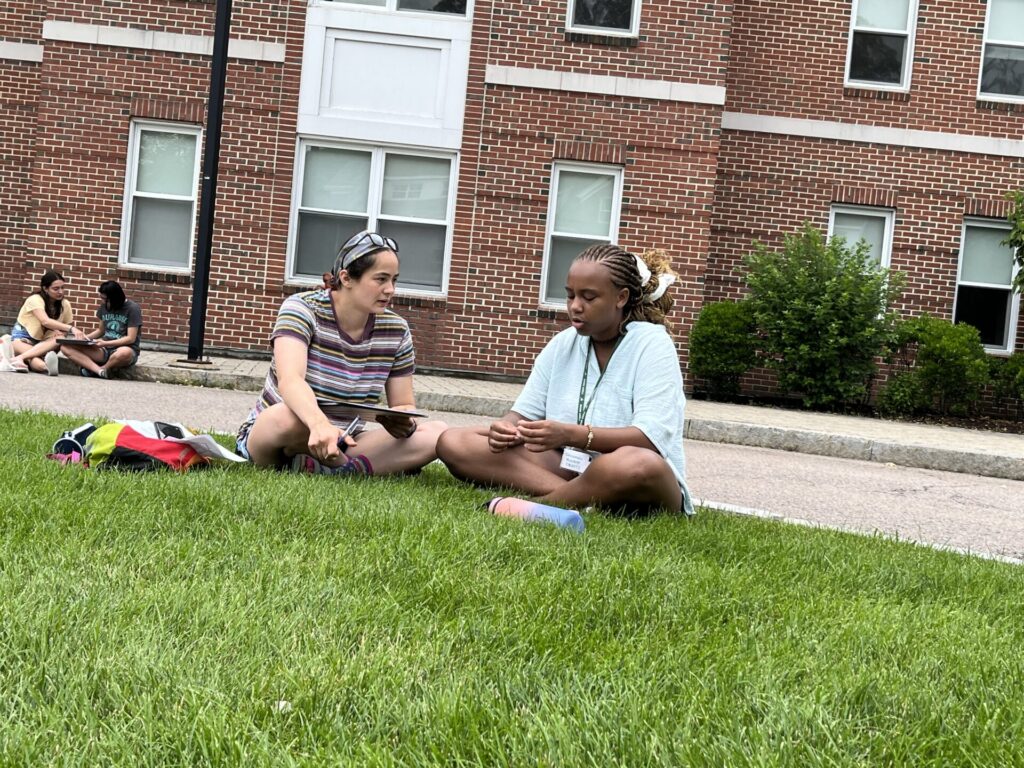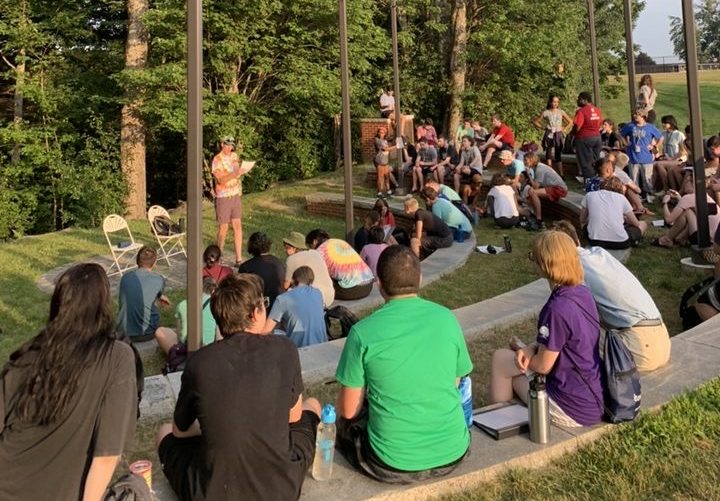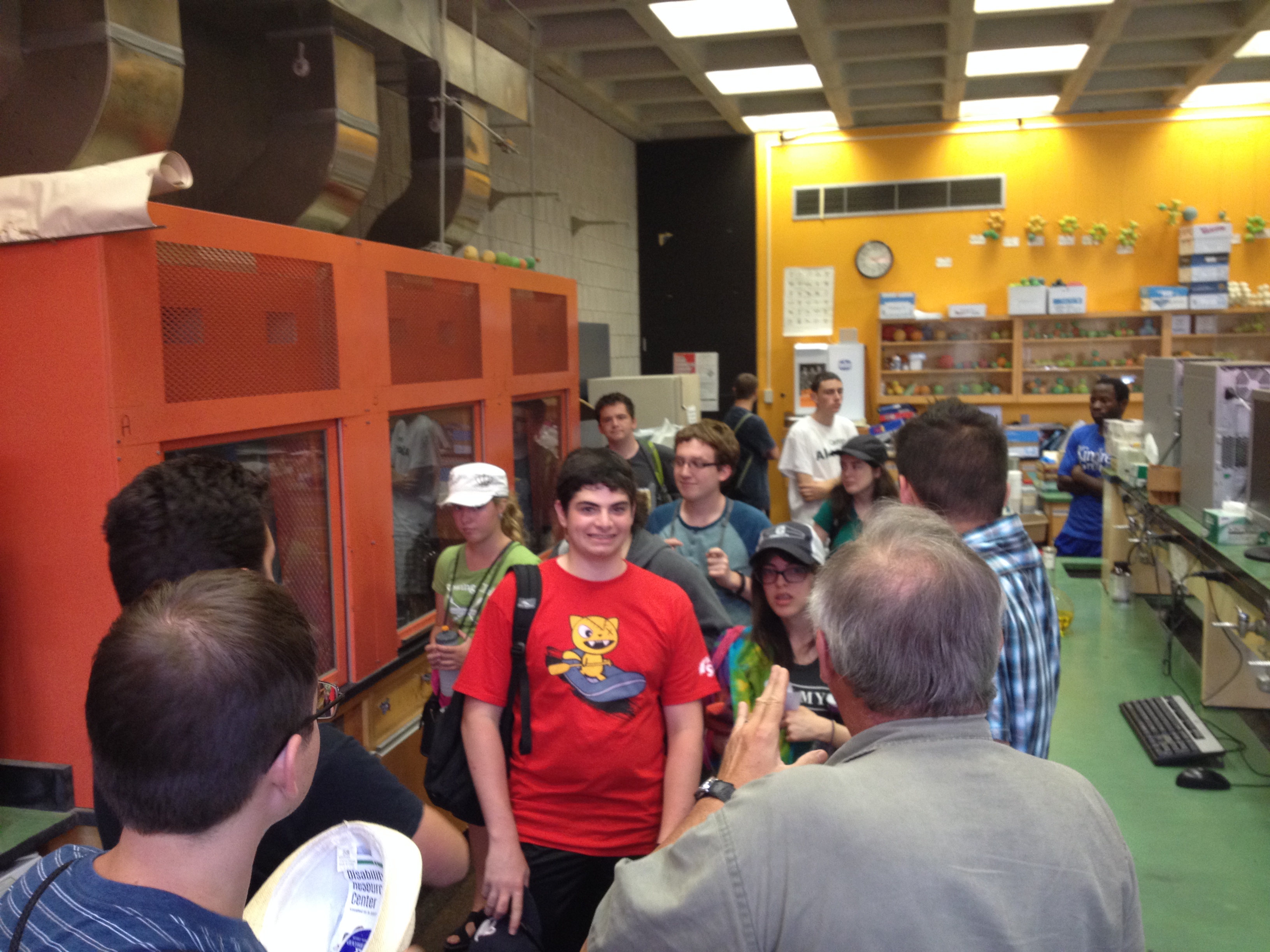
For many teens with high functioning autism (formerly Asperger’s syndrome), getting into college is the easy part. Good grades are not often that challenging to come by and services are often provided as part of a 504 or IEP, as mandated by the school district. Enter college. The transition to college proves to be a trickier task to master for most students with Asperger’s or non-verbal learning differences. A recent article on NPR titled “Navigating life on campus when you’re on the autism spectrum” brought forth suggestions and sparked new ideas on how to make this transition successfully. Here are a couple notes that we took away:
1) Find your “Tribe”:
So much of finding our place in the world hinges on the ability to find a community of peers we can call our “tribe.” This is a group of people we can identify with, have similar personality traits to, and share similar interests with. Having this sense of identity and community can go a long to build confidence and lessen anxiety and depression that may accompany a young person on the autism spectrum in college. It can further lead to mentorship as we find someone who we can relate to and has similar life experiences to us. In this story, Elizabeth is able to provide insightful advice to James because she had gone through what James is navigating in his early college years.
2) Self-advocate:
This is evident in the article when Elizabeth discusses the teacher who helped her find a group to work with. This was an accommodation that Elizabeth advocated for because she knew that she’d need help with something like this. The better able we are to understand our own needs, the better we will be able to ask for help to support those needs. Understanding that we have challenges in certain areas is a good thing, as it allows other people in our communities to give us the support we need. This is an essential skill to practice to teens with Asperger’s syndrome.



